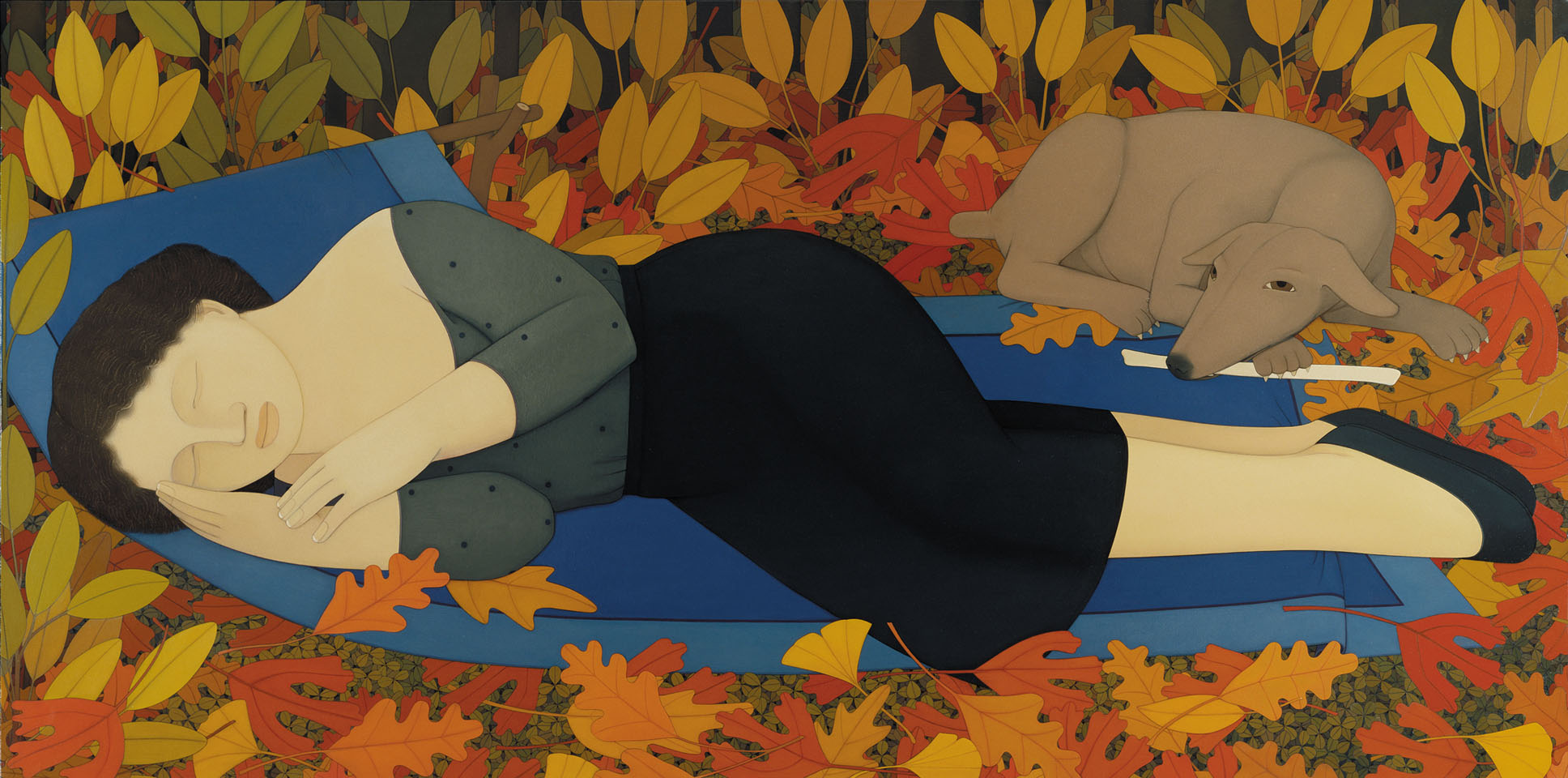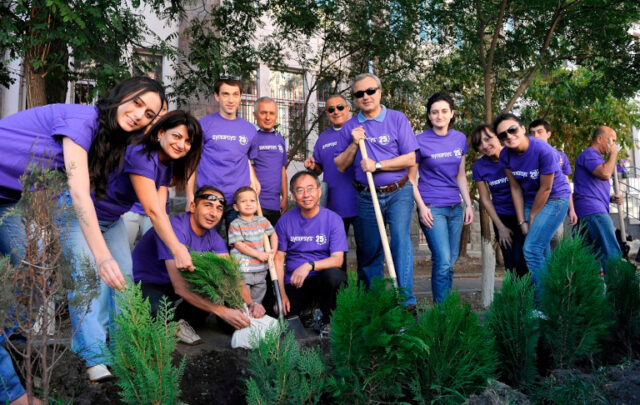‘I want everything to pause. I want us to pause long enough to notice the patterns of harm and the systems of oppression that continue to multiply, and I want us to pause long enough to recognize our responsibility to interrupt them. I want us to pause long enough to make space for our grief.’-Michelle Cassandra Johnson in Finding Refuge: Heart Work for Healing Collective Grief
It’s clear that our times are urgent.
Growing social and environmental crises everywhere, linked at their deep cultural roots, squeeze us from all sides.
Scientists have been telling us for years that our time to act is dwindling. Dwindling. Nearly gone. Already gone.
In such urgent times, should not our response be similarly urgent? Should we not move faster, yell louder, do more?
Why then does Bayo Akomolafe advise that ‘the times are very urgent – we must slow down’?
Why is Michelle Cassandra Johnson calling for a pause?
Why are Octavia Raheem and Tricia Hersey advocating for rest, adrienne maree brown for pleasure and slowness? As she puts it in ‘Emergent Strategy’:
‘There is such urgency in the multitude of crises we face, it can make it hard to remember that in fact it is the urgency thinking that got us to this point, and that our potential success lies in doing deep, slow, intentional work.’
Urgency thinking, scarcity thinking, the logic of capitalism: There isn’t enough. Not enough time, not enough space, not enough resources.
So then: we’ll take what we can. We’ll accumulate as much as we can and enclose it with borders and fences and walls. We’ll control and compete. We’ll be productive and efficient. Rest is lazy, emotions are fragile, the earth is dead, pleasure is for later, or not meant for me.
For centuries these myths have put the world and living, breathing bodies into production for accumulation of wealth for the elite, power for the few, disposability for the many. The myth of scarcity has led us to this urgent and heart-breaking place, where we live in the stress response: disembodied, shallow breath, nervous systems fried, rest-deprived.
There isn’t enough time, we say. No time to feel the collective grief that grows as we try to turn away. We’re separate, fragmented, isn’t that what they say? Why then would I feel this pain for the earth and other beings?
Consider: might this be a sign of our innate compassion? Of interconnection and interdependence? The tugs and taps of consciousness, relational awareness, whispers of deep knowing and community care? As Malkia Devich-Cyril says, ‘
grief is the opposite of indifference.’
Oh well: what am I supposed to do with that? It’s too much, and anyway, there still isn’t enough time.
But – what if there were?
What if the truth was abundance?
What if pausing – slowing down – feeling – could re-embed this truth in our bodies and in the world? What if we could soften into this spaciousness?
Can we imagine?
What if, right now – we could pause;
take a full breath;
relax our jaw;
feel our heart;
let our minds quiet;
our bodies rest?
There: this is your invitation.
‘Rest is an abundance practice,’ writes Octavia Raheem. ‘It is inherently spacious…Rest increases your capacity to be with and feel all of your feelings. Rest increases your capacity for true intimacy, pleasure, and joy.’
So – let us rest. You are invited.
Let us rest to feel and metabolize the heavy emotions: vital feedback, deep reminders, wisdom holders, sacred guides.
Let us rest to deprogram from grind culture and urgency thinking; to regulate our nervous systems so that we might process and be transformed.
Let us rest to wake up and to wake down – returning to our bodies, and through them to the earth.
Let us rest to disrupt capitalism and its intertwined systems of supremacy and oppression: colonialism, white supremacy, patriarchy, heterosexism, anthropocentrism… Let us interrupt them.
Let us rest to remember abundance; to notice the beauty and magic all around us; to open to wonder and awe.
Let us rest to cultivate softness and spaciousness, in our bodies and in the world.
Let us rest to process our compounded grief as ritual, relational practice, liberatory pathway.
Let us rest for resilience: so that we can show up for the deep, intentional work of our times.
Let us rest (as Tricia Hersey says) because it is our birthright; because we are alive and that is enough.
But – how do we rest?
Perhaps we have forgotten. Rest is not just sleep. It is a way of being: ease.
As with anything that no longer comes naturally, we need to practice. We need a practice. We need rest practice; feeling practice; grieving practice; relational practice.
A practice I offer here: Restorative Yoga.
Settling our bodies, arranging our bones into gentle shapes with full support and subtle sensation – here, we are offered a pathway to shift our energy and move our emotions through as we soften and grant them compassionate space.
Here, as we pause together, rest together, breathe together, practice compassion together, we can co-regulate. We can re-connect. We can transform. We can be. Lama Willa Blythe Baker teaches:
‘Much is made of what we must do, but little is made of how we must live and who we must become.’
This radical rest practice allows us to embody our emotions and our journey through them; this practice can also create a trauma-conscious container within which we might share and process our grief in community, manifesting mutually held space to be vulnerable together. As Dr. Gail Parker writes:
‘When we practice Restorative Yoga, we are teaching our nervous system how to release contraction and to feel safe coming into deep states of rest that support repair, rejuvenation, and resilience…When we learn to experience our emotional pain and discomfort without contracting around it and reacting to it, and instead just let it move through us, our nervous system becomes regulated, and we become emotionally regulated.’
So then: my parting wishes –
May we rest and regulate together.
May we remember and embody abundance.
May we move our collective grief and let it change us.
May we feel the earth and remember who we are.

Citations/Resources:
adrienne maree brown, Emergent Strategy: Shaping Change, Changing Worlds. (Chico and Edinburgh: AK Press, 2017).
Bayo Akomolafe, “The Times are Urgent: Let’s Slow Down.” https://www.bayoakomolafe.net/post/the-times-are-urgent-lets-slow-down
Gail Parker, Restorative Yoga for Ethnic and Race-Based Stress and Trauma. (London: Singing Dragon, 2020).
Lisa Hickler, “Lama Willa Baker Challenges MIT Audience to Look Beyond Technology to Solve the Climate Crises,” MIT News, May 25, 2022. https://news.mit.edu/2022/lama-willa-baker-look-beyond-technology-to-solve-climate-crises-0525
Malkia Devich-Cyril. “To Give Your Hands to Freedom, First Give Them to Grief,” in Holding Change. The Way of Emergent Strategy Facilitation and Meditation, ed. adrienne maree brown. (Chico and Edinburgh: AK Press, 2021).
Michelle Cassandra Johnson, Finding Refuge: Heart Work for Healing Collective Grief. (Boulder: Shambhala, 2022).
Tricia Hersey, Rest is Resistance: A Manifesto. (New York: Little Brown, Spark, 2022).
Octavia Raheem, Pause, Rest, Be. (Boulder: Shambhala, 2022).
Willa Blythe Baker, The Wakeful Body: Somatic Mindfulness as a Pathway to Freedom. (Boulder: Shambhala, 2021).
Teaser photo credit: Oil painting by Andrew Stevovich, Woman with Autumn Leaves, 1994, 36″ x 72″, Private Collection. Author: Andr.V.S. via Wikimedia Commons, https://commons.wikimedia.org/wiki/File:Andrew_Stevovich_oil_painting,_Woman_with_Autumn_Leaves,_1994,_36%22_x_72%22.jpg. This file is licensed under the Creative Commons Attribution-Share Alike 4.0 International license.





